We, the former Presidents of Nigeria, Tanzania, Liberia and Malawi came together today at
the invitation of former Minister of Education of Nigeria, Dr Oby Ezekwesili and Human
Capital Africa at a high-level briefing to discuss the learning crisis in Africa, on the sidelines
of the 2024 African Union Mid-Year Summit in Accra, Ghana.
Following these discussions, we are compelled to issue a collective communique on the
urgent imperative to call for a decade on education that will prioritize action on literacy and
numeracy at foundational levels if the continent is to achieve its Agenda 2063 development
goals and national development visions.
We recognize the continent is at an inflection point: prioritize foundational learning, ensuring
the natural potential of young people is evenly distributed, or risk having economic growth
and human capital development held back. The crisis is solvable, but to drive change at
scale, we need more demonstrations of impactful programs, more measurement of learning,
and rapid data available to make the shifts needed to improve.
The African Union must, therefore, make a continental commitment on foundational learning,
and member states must build on the political commitments they have made to accelerate
action that ensures that Africa’s children are equipped with the skills to fulfil their potential.
Recognising that the delivery of the African Union’s Agenda 2063 hinges on the
empowerment of citizens and their ability to drive the inclusive growth and development that
will make Africa a dynamic force in the international arena.
Deeply concerned about the state of learning on the continent. With 9 out of 10 of our
children unable to read with understanding or do basic maths by the age of ten we are failing
to develop the generational talent needed for gainful employment, social progress and fiscal
stability, let alone achieve our continental vision for global leadership.
Concerned that millions of Africa’s children are not transitioning, completing their education
and dropping because of low learning levels in the early grades.
Emphasizing that the response to critical development priorities including healthcare, food
security, climate change, inclusive economic green growth, digital development, gender
equality, economic empowerment and security is interconnected with our ability to develop
and build our human capital, for which literacy and numeracy are fundamental building
blocks.
Understanding that the education deficit is not a challenge for tomorrow. It is a fundamental
barrier to achieving our continent’s potential and we must take ownership, act, and build
scalable solutions suited to our continent, today.
Noting that current levels of data collection, use on the continent and reporting are
insufficient to inform effective policy decisions, resource allocations, and targeted
interventions.
Encouraged by the innovation and leadership demonstrated at country level on the
continent, with scalable, cost effective and globally relevant solutions being developed
around proven interventions
Underscore that we need more leaders to recognize, prioritize, that foundational learning is
the backbone of their country and continent’s development agenda.
Appreciative of the efforts being made to drive awareness and action, enable solutions and
encourage peer learning by Human Capital Africa, the Association for Education
Development in Africa (ADEA), PAL network, other regional and national education
stakeholders, development partners supporting them.
We therefore call for Heads of Government, through the African Union, to take the
following decisive steps to address the learning crisis.
– Declare that it is unacceptable that nine (9) out of ten (10) of our children are
unable to read with understanding and do basic maths by age 10.
– Acknowledge that the delivery of Agenda 2063 and its social, economic and
developmental objectives is deeply connected with learning outcomes and that
the vision will not be achieved if the learning crisis is not addressed.
– Collectively commit to all children reading with comprehension and doing basic
mathematics by the age of ten by 2030 as the foundation for future academic
success and beyond.
– Take action to urgently implement cost-effective evidence-based solutions that
can accelerate learning outcomes and be delivered within existing budget
resources, supporting internal efficiencies in the face of debt servicing and
other fiscal pressures.
– Expand the active use of available tools that allow countries to measure learning
outcomes early, consistently, and comparatively – routinely collecting and using
evidence and data to make decisions that improve outcomes in the classroom.
– Build a continental mechanism that allows countries, development partners and
citizens to hold each other accountable for learning outcomes and peer review
progress. This could be set up like an annual stocktaking review.
– Establish and drive a continental mechanism to enable constructive peer
learning and knowledge sharing between governments and development partners
so that the innovative work happening at local and country level can be scaled.
– This communique calls for a decade on education, a strong African voice and
commitment to foundational literacy and numeracy at the next February 2025 AU
Summit and beyond.
Movenpick Hotel, Accra, Ghana
July 16th 2024














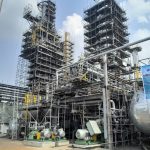


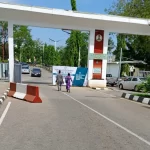
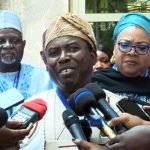
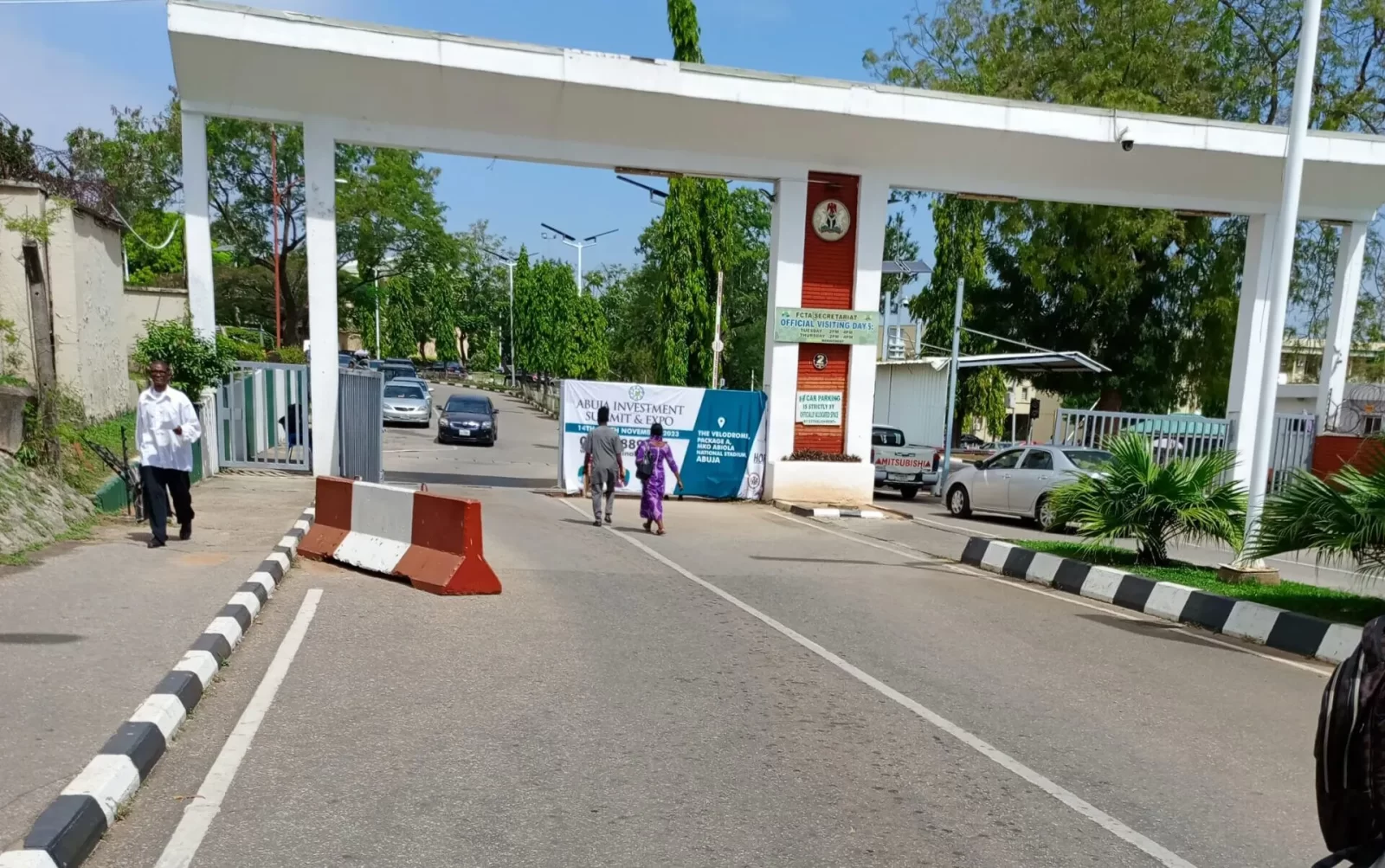
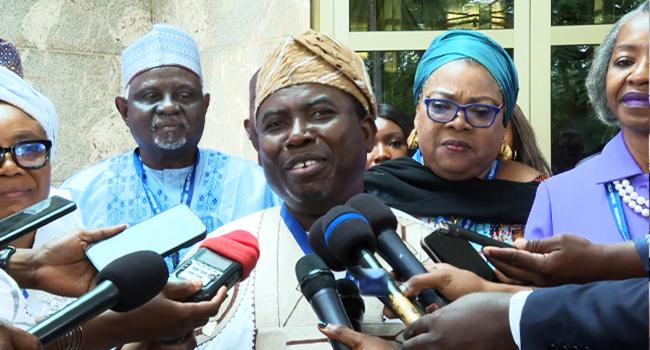


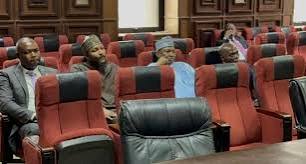












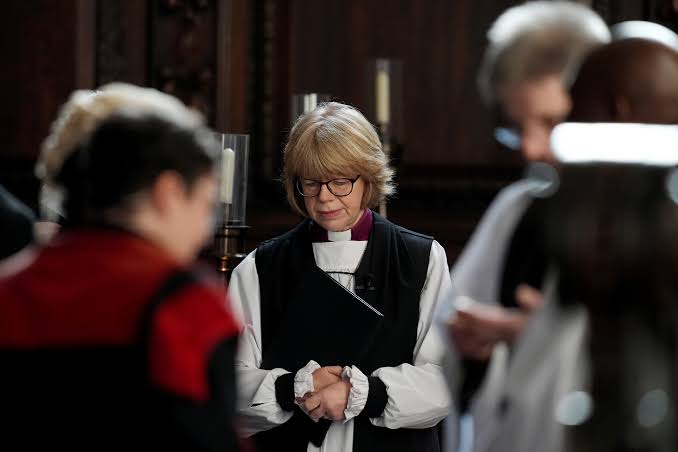

Leave a comment